
Loading...
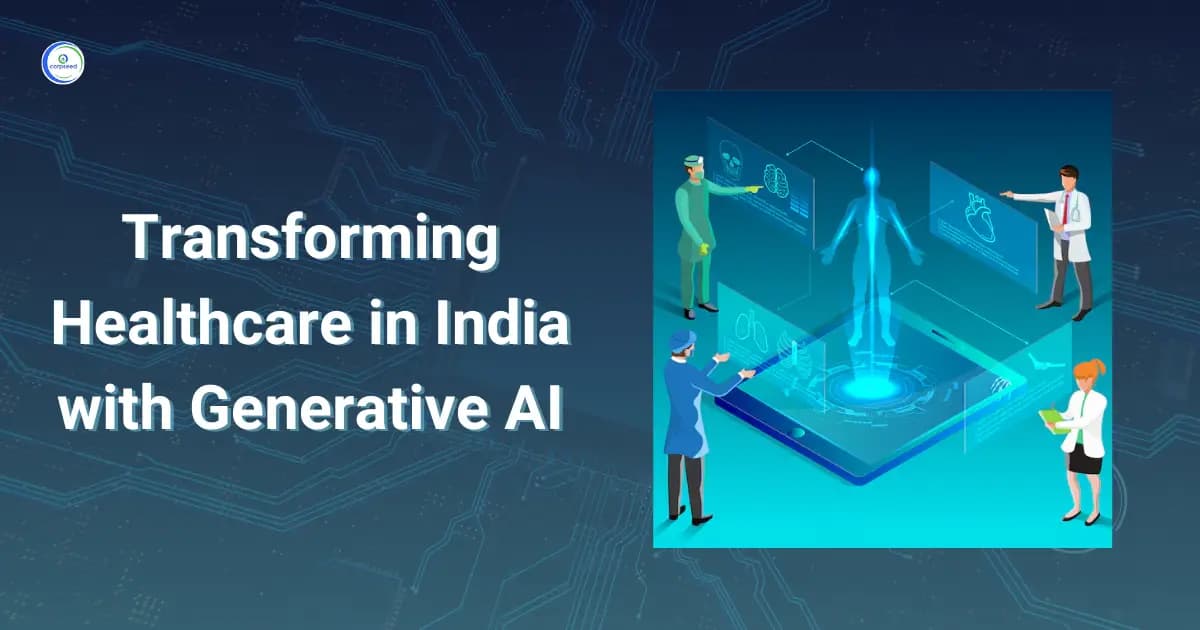
Generative AI is poised to revolutionize the Indian health system by solving pressing challenges such as increasing costs, acute shortages of trained professionals, and growing disease burdens.
About the Author

Mahek Sancheti, BAJMC graduate with a deep passion for writing. As a content writer, video content creator, creative content creator, and scriptwriter, I bring stories to life through words and visuals. I honed my skills by working with a prominent news agency, where I excelled in crafting compelling narratives and engaging content. Coming from a journalism and mass communication background I have skills to craft engaging narratives that captivate audiences. With a keen interest in writing and creativity, I aim to deliver impactful and meaningful content that resonates with diverse audiences.
Related articles
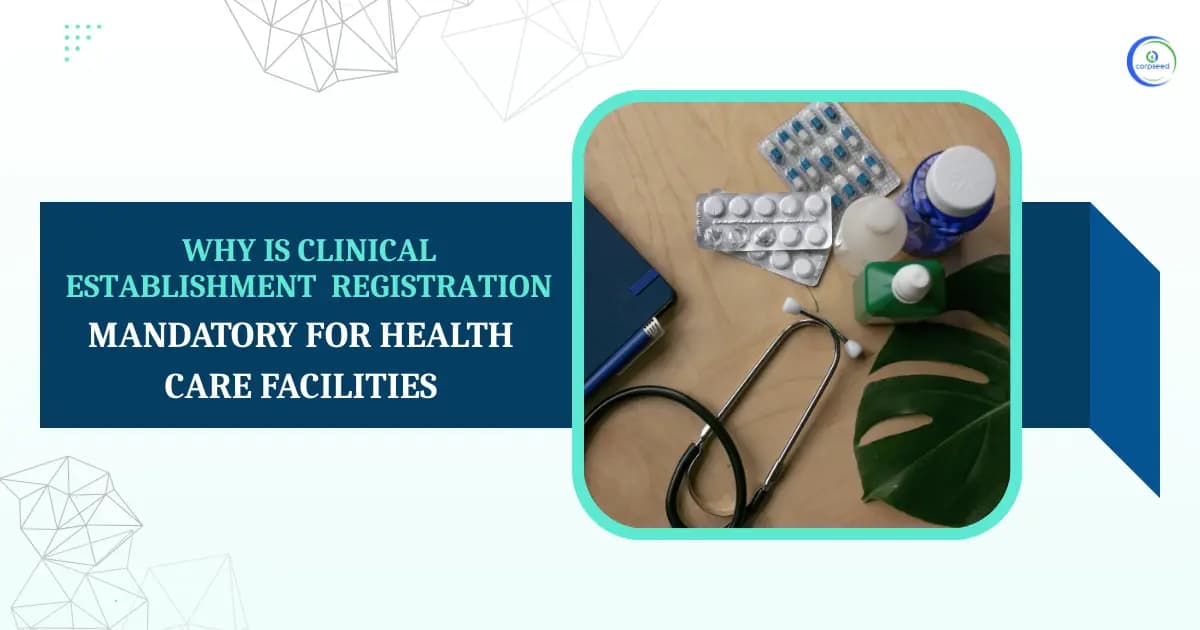
Why Is Clinical Establishment Registration Mandatory For Healthcare Facilities?
2026-02-10
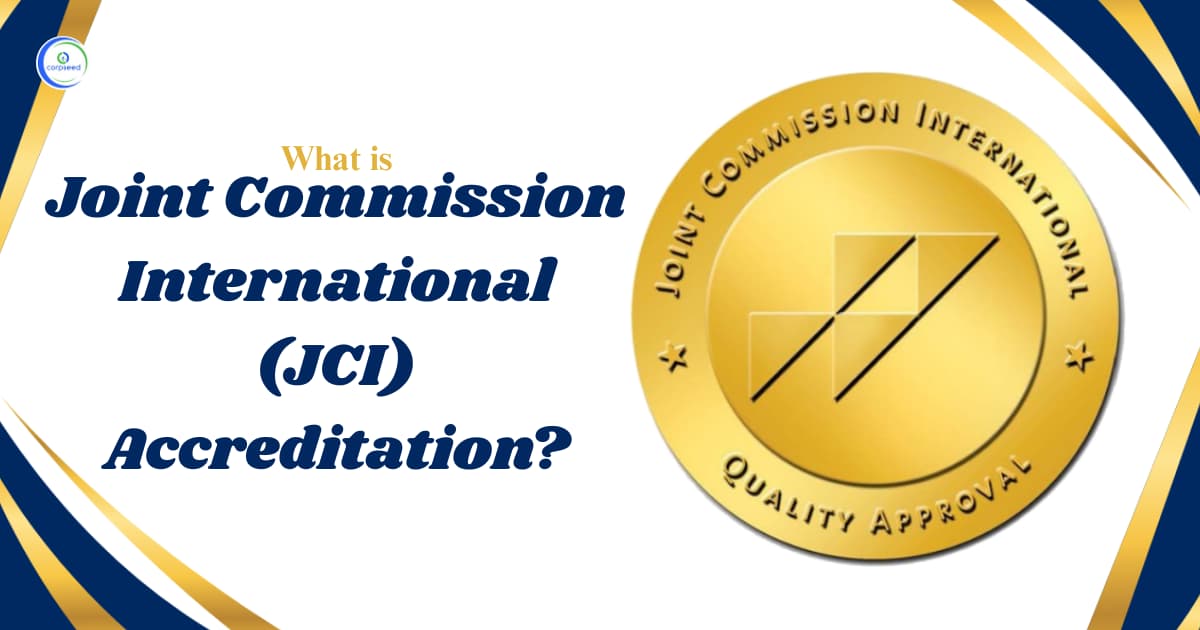
What is Joint Commission International (JCI) Accreditation?
2026-01-07
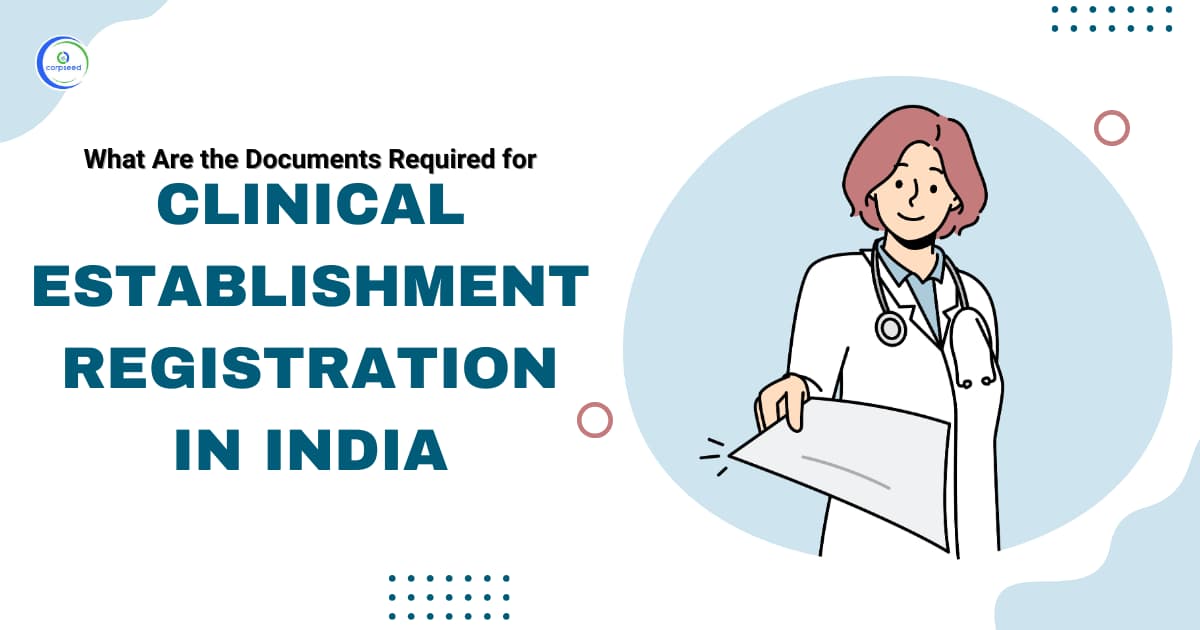
What Are the Documents Required for Clinical Establishment Registration in India?
2025-11-29

How to Complete the Clinical Establishment Act Gujarat Registration Process?
2025-11-15
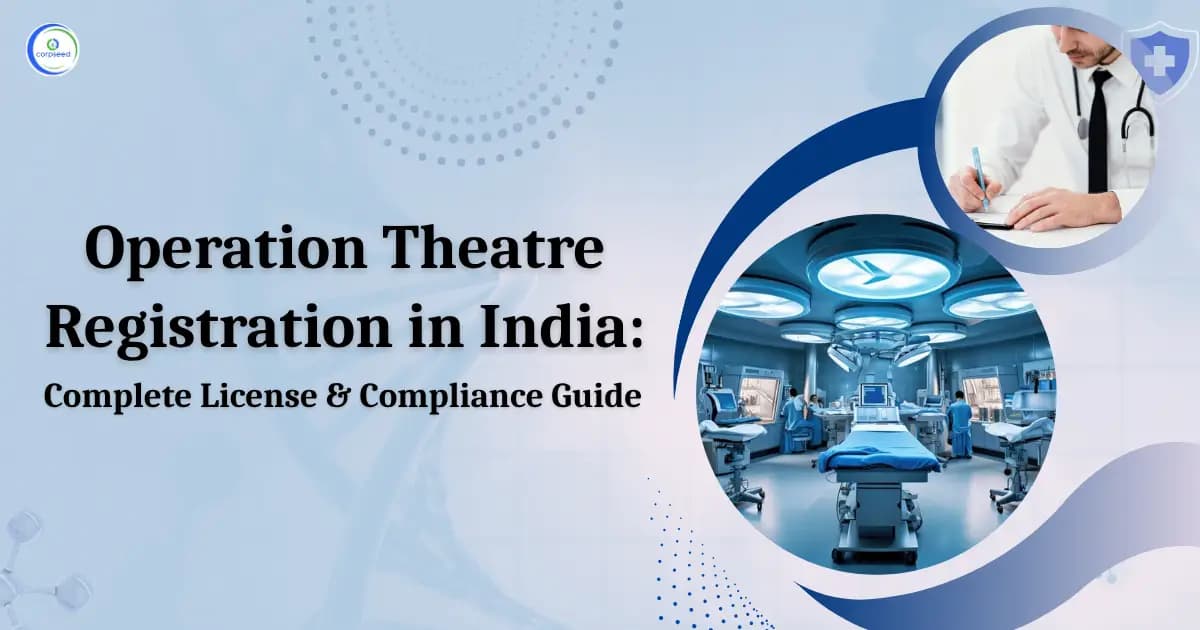
Operation Theatre Registration in India: Complete License & Compliance Guide
2025-10-06

NABL Accreditation in India: A Comprehensive Guide
2024-12-09